Helping Without Hurting: The Bible and the PoorSample

A Four-Fold Poverty
So when the woman saw that the tree was good for food, and that it was a delight to the eyes, and that the tree was to be desired to make one wise, she took of its fruit and ate, and she also gave some to her husband who was with her, and he ate. (Gen. 3:6)
Brokenness. Mary lives in a slum in Kenya. She suffers from regular abuse by her husband and lives in a culture where she is treated as inferior because she is a woman. She seeks to start a business selling charcoal, but lacks capital. Unable to secure a regular loan, she deals with the local loan shark, who exacts a punishing interest rate of 300 percent on her $25 loan. Lacking business savvy, she enters a market flooded with charcoal sellers. Frustrated by a lack of profit, she seeks help from the local witch doctor who tells her of angry ancestral spirits that may only be appeased by the sacrifice of an expensive goat.
Poverty. When we hear Mary's story, we recognize there are complex factors contributing to her poverty. Like all human beings, Mary is made in God's image, a foundational fact of creation that means she was intended to reflect the Triune God in her relationships with God, self, others, and the rest of creation. Yet she suffers from broken relationships. She experiences poverty of community in the form of abuse and exploitation. She lacks spiritual intimacy with God, looking to false gods to change her circumstances. Her broken relationship with self takes the form of crippling insecurity and shame. And she experiences brokenness in her relationship with the rest of creation as she cannot find a stable source of work and income. Mary’s lack of material goods flows from the complexity of these broken foundational relationships.
Healing. Mary’s not the only one with broken relationships. If we want to be a part of God's work of healing these foundational relationships among the poor, we must recognize our own brokenness. Despite our relative material wealth, we suffer from broken relationships with God, self, others, and the rest of creation. The Fall really happened. Our brokenness is real. Recognizing it leads to healing for us and frees us to be used by God to point others to His reconciling work.
Lord, we recognize that we are broken, that our estrangement from You has had negative consequences in our relationships with others, distorted images of ourselves, and poor stewardship of Your good creation. Heal us and use us as healing agents among the poor.
Scripture
About this Plan

The Bible commands us to care for the poor and oppressed. Come and explore the depth of God’s concern for them, and how you might answer the call yourself. Each day includes a real-life story or anecdote, Scripture and meditation, challenge, and prayer.
More
We would like to thank The Chalmers Center for providing this plan. For more information, please visit: www.chalmers.org
Related Plans
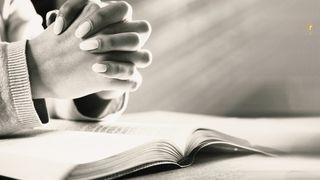
Crying Out to the God Who Hears
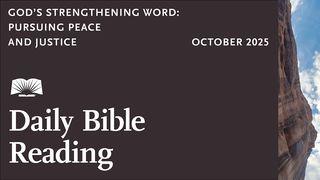
God’s Strengthening Word: Pursuing Peace and Justice

TLV Daily Proverbs With Daniah
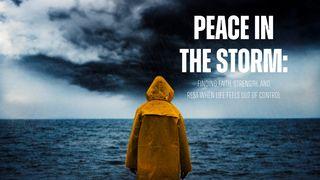
Peace in the Storm: Finding Faith, Strength, and Rest When Life Feels Out of Control

Reimagine Transformation Through the Life of Paul
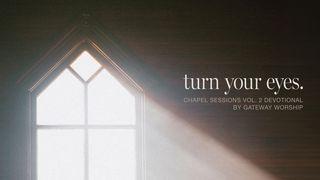
Turn Your Eyes: Chapel Sessions Vol. 2 Devotional From Gateway Worship

The Creator's Battle: Winning the Inner War for Your Art
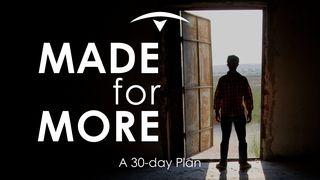
Made for More: 30 Days of Experiencing More Life, Love, and Freedom
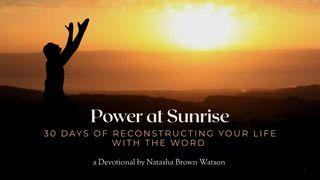
Power at Sunrise: 30 Days of Reconstructing Your Life With the Word
